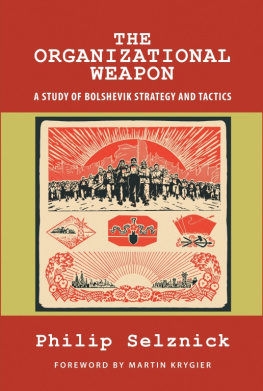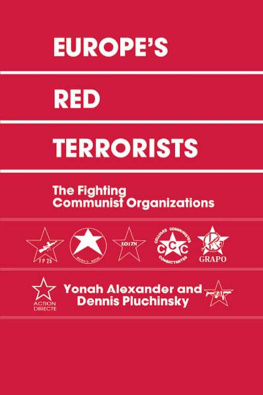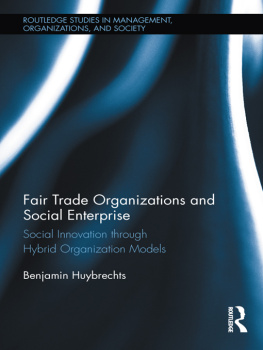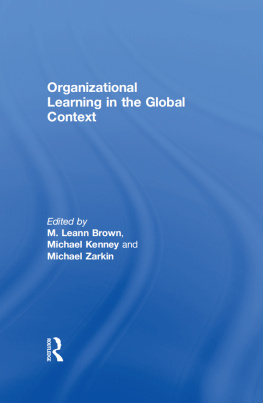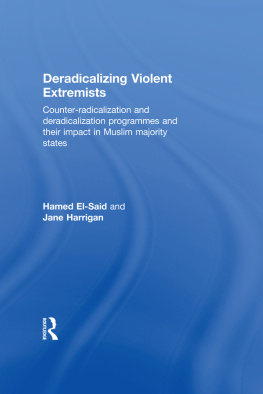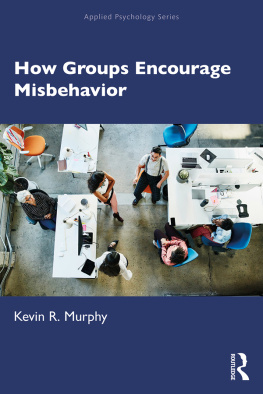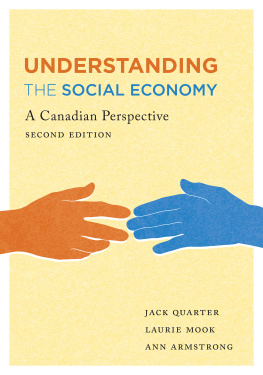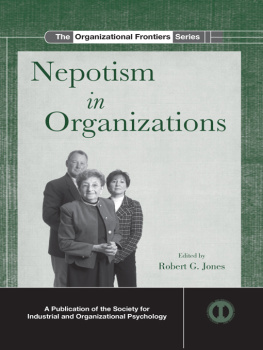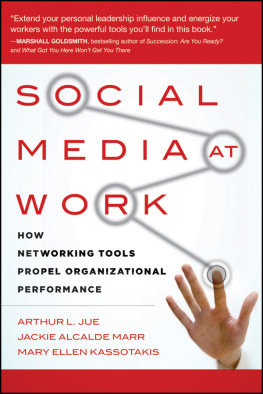THE
ORGANIZATIONAL
WEAPON
THE
ORGANIZATIONAL
WEAPON
A Study of Bolshevik
Strategy and Tactics
P HILIP S ELZNICK
with 2014 Foreword by Martin Krygier

Classics of the Social Sciences
Quid Pro Books
New Orleans, Louisiana
Smashwords edition. Copyright 1951 and 1960 by Philip Selznick, and 2014 by Doris Fine. All rights reserved. Foreword copyright 2014 by Martin Krygier .
Previously published in 1952 by McGraw-Hill (RAND series), New York, and in 1960 by the Free Press, Glencoe, Illinois.
Published in 2014 by Quid Pro Books, at Smashwords.
ISBN 978-1-61027-275-9 ( ePUB )
ISBN 978-1-61027-272-8 ( pbk )
Quid Pro Books
QUID PRO, LLC
5860 Citrus Blvd., Suite D-101
New Orleans, Louisiana 70123
www.quidprobooks.com
This new presentation of Philip Selznicks The Organizational Weapon is part of a series, Classics of the Social Sciences , which includes several of his early works, with new introductions. Proceeds from his books in the Series benefit the Jurisprudence & Social Policy Program, University of California at Berkeley. This is an authorized and unabridged republication of the original work. A new paperback edition is also available.
Publishers Cataloging-in-Publication
Selznick, Philip, 19192010
The organizational weapon: a study of Bolshevik strategy and tactics / Philip Selznick.
p. cm. (Classics of the social sciences)
Includes bibliographical references and index.
ISBN 978-1-61027-257-9 ( ePUB )
1. Communism. 2. Political organizations. 3. Bolshevism. I. Title. II. Series.
HX56 .S45 2014
2014238455
Front cover image based on artwork "Old Communism Poster" copyright by the Shutterstock contributor FourB, used by permission.
For
Martin D. and Herbert G.
Affectionately
CONTENTS
, 2014, by Martin Krygier
, 1960, by the author
, 1951
[The original page numbers are embedded into text using brackets, for continuity of citation, syllabus, and referencing (consistent with all previous editions, 1952 and 1960); Cross-references inside also refer to this original pagination. The footnote numbering is retained. The subject-matter Index is included, and likewise references the original pagination.]
Foreword 2014
Philip Selznick published The Organizational Weapon: A Study of Bolshevik Strategy and Tactics , in 1952. It was republished in 1960. On this, its second republication, an obvious question occurs: why now? Why should anyone reissue an old book, about a movement whichafter a lively presence, to be surewas scuppered some thirty years ago? The question is worth asking and there are several compelling answers to it. I suggest four: the world-historical significance of the movement the book analyzes ; the particular combination of political understanding and engagement with theoretical sophistication which Selznick brought to his subject; the distinctive focus and character of the analysis; and its continuing significance, in relation both to enduring social problems and to the oeuvre of a distinguished and distinctive thinker. On each of these levels, this book is exemplary. I will take them in turn.
I
In a felicitous phrase, Eric Hobsbawm dubbed the period 1914-1991 (others choose 1989) the short twentieth century. As the start of that century, of course, they had in mind the First World War and the literally shocking transformations it unleashed. For it was like nothing that preceded it. The scale of carnage, with its sixteen million killed and twenty million more casualties, buried the optimism of the nineteenth centuryand, for many, even the possibility of optimism. It shredded the map of Europe, stripping it of much that had been around, as if natural and irremovable, for centuries. New players arose as a direct result of the war, none more consequential than Soviet Russia. Among other things, without July 1914 no October 1917.
Though the Revolution was catalyzed by the War, however, victory came to a revolutionary party organized, willing and able to exploit the circumstances the War generated. Other groups fell away or were destroyed. And whatever the complex sources of the Communist Revolution, it quickly took on a life of its own. Compare the reflection of the French philosopher, Joseph de Maistre , shortly after the French Revolution, which he had lived through: for a long time we did not fully understand the revolution of which we were witnesses; for a long time we took it to be an event. We were mistaken; it was an epoch. So too, perhaps even more so, the Russian Revolution. The end of communism in central Europe (1989) and the Soviet Union (1991), and with them even the already faded dream of world communism, were in turn more than mere events. They ended the epoch.
For all but the first three years of the short century, then, the conceptual geography of the globe was indelibly shaped by communism and responses to it, and in a totally new way. No other great state had ever before been destroyed and reconstructed with the manifest intent of realising the secular, intellectual, and revolutionary project of one thinker. The Soviet Union, under the leadership of its Communist Party, began as just such a state.
Certainly the European neighbours and opponents of the Russian Soviet Federative Socialist Republic in 1917 were nothing like that: no one invented them, and while there were texts and ideologies, most came well after, at any rate during, the events and few were canonical. In many ways there are parallels with a slightly later invention, Nazism, also the thought of one man, also an unprecedented and defining part of the epoch, also a response to many of its dislocations, especially the War, also revolutionary and totalitarian in its ambitions, also led by a party like no other, and also responsible for almost unimaginable levels and kinds of violence, hubris, ruthlessness and human sacrifices. we dont have many of those in human history. Arguably, and he does so argue, these two were the first.
Nazism was defeated and destroyed in 1945. From then only one of these novel ideocratic constructions remained. Its influence, as actor, model, and counter-model, was profound. The post-War world was framed by the bipolar contestover ideas as much as territoriesbetween the liberal-democratic-capitalist Westthe United States, its allies, subalterns, vassals and dependentson the one hand, and the Communist East, first Russian, then Soviet, then Soviet and Chinesewith their attendants, acolytes, prospective emulators, and numerous victims, on the other. The rest of the world was a place of competition, between countries of course but more distinctively between two systems, frames and views of life, including political, economic and social life, that were diametrically different from each other, hostile and intensely rivalrous . Hobsbawm has noted that:
The world that went to pieces at the end of the 1980s was the world shaped by the Russian Revolution of 1917. We have all been marked by it, for instance, inasmuch as we got used to thinking of the modern industrial economy in terms of binary opposites, capitalism and socialism as alternatives mutually excluding one another, the one being identified with economies organized on the model of the USSR, the other with all the rest.
Thats oneMarxistway of putting it, with economics as the core. Anotherpoliticalway is to contrast ideological one party dictatorship versus pluralist liberal democracy. Either way the geopolitical map of the short century turns out the same, and radically different from what it was and what it has become.

